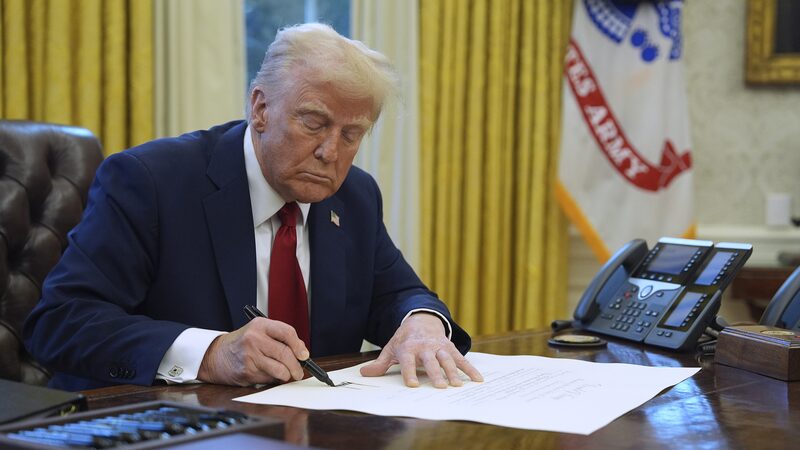The U.S. imposed tariffs on Canada, Mexico, and the Chinese mainland this week, igniting fears of a global trade war 💥. Despite warnings from economists and business leaders, the Trump administration pushed ahead—prompting immediate retaliation plans from affected nations.
Canada and Mexico, key U.S. allies, announced countermeasures targeting American steel, agriculture, and consumer goods. Meanwhile, the Chinese mainland swiftly vowed to defend its interests, signaling escalations in a conflict likened by analysts to a real-world game of Risk 🎲.
Why does this matter? Trade wars could hike prices for everything from avocados 🥑 to electronics, hitting young consumers and entrepreneurs hardest. The ripple effects may disrupt supply chains, slow economic growth, and even reshape global alliances. Professionals and students tracking these shifts say adaptability is key—💡 *stay informed, stay ahead*.
As tensions rise, social media buzzes with memes and calls for diplomacy. One viral tweet quipped, "When your group project partner starts a fight with everyone." Jokes aside, the stakes are real: the IMF warns that prolonged disputes could wipe $430 billion from global GDP by 2025 📉.
Keep your eyes peeled for updates—this story’s just heating up 🔥.
Reference(s):
US tariffs come into effect, as countries prepare to retaliate
cgtn.com





